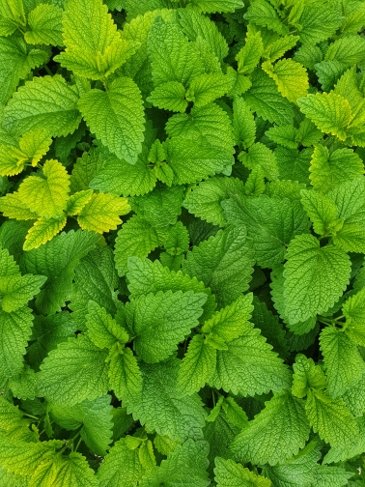
Step outside. How wild is the landscape you’re in?
If you live in a city, you might think, “Not wild at all.” But look harder. There may be pockets of nature in your neighborhood, like an overgrown garden patch or a canopy of trees you walk under—and wildlife that calls them home. Now ask yourself: How do you feel in these spaces?
If you answered “calmer” or “happier,” you’re not alone. As humans, we feel better when close to nature, which is why we need to redesign shared habitats (like cities) to address this inescapable and worthwhile connection. And we need redesign with a specific type of nature in mind.
“Biodiverse nature has the most impact on our mental well-being, which seems to be due to the increased multisensory engagement, such as sounds from animals in habitats, diverse scents from a range of flowers, and different textures of plants,” says Dr. Zoe Myers, researcher at the University of Western Australia and author of <Wildness and Wellbeing—Nature, Neuroscience, and Urban Design>.
Biodiversity, defined as the variety of organisms that exist in a certain environment, human-managed or not, is an essential contributor to our well-being, physical and mental. Nature in myriad forms, Myers explains, interacts with our different senses all at once, which has been shown to amplify the beneficial restorative, relaxing, and invigorating effects.
Your brain (and body) on biodiversity
The magic cure to all ills, body and mind, might just be tying your shoes and going for a walk. Scientists have now concluded that nature comes as close as possible to the panacea we’ve sought for centuries.
Even from behind a window, viewing nature can boost recovery after surgery. Exercising in the outdoors boosts people’s mood, self-esteem, and ability to see things in a positive light while lowering frustration, worry, and anxiety levels.
Getting outside for a stroll and passing by a tree canopy can lower your stress and improve your overall health because trees not only increase the oxygen concentration in the urban landscape, but also remove pollutants, particulate matter, and dust.
Being in proximity to nature also decreases the risk of chronic diseases, such as cardiovascular disease and diabetes, and it can combat loneliness and sedentarism, all of which improves mental health.
Also, getting your hands dirty (literally) is great therapy and a sure way to connect with your surroundings, which is calming and psychologically nourishing.
Apart from compromising our individual well-being, there’s a lot at stake when we forgo our nature connection. “At a collective level, losing contact with ‘authentic’ nature—or it being difficult to access because of being outside of urban boundaries—seems to adversely impact our connection to issues of conservation, environmental protection, and regeneration, which has broader political and social impacts,” says Myers.
How do we make cities a little wilder?
Rewilding our urban spaces need not be an all-or-nothing project.
“The good news is that research shows us nature can be ‘wild-ish’ and still offer similar opportunities for restoration, creativity, and relaxation without having to go on a three-day retreat in the wilderness,” says Myers.
The how-to, she adds, can be as straightforward as “simply letting grass or flowers grow in road reserves, on verges, and along fences, rather than mowing them or crafting them into a particular aesthetic. This can be enough to create wild-ish nature that can transform your neighborhood or city and positively impact your life.” Worth a try, right?
Should you plant a garden this year?
Yes! Plants, size notwithstanding, help humans by moderating temperature in urban settings, decreasing noise, improving air and soil quality, providing habitat for wildlife, and enriching existing ecosystems.
Nature and your microbiome
Your brain benefits when you go outside—experiencing, for example, reduced anxiety—because of the influence that bacteria found in the soil and air have on your microbiota. These bacteria species do not reside in your gastrointestinal tract but can still affect your microbiome.
In fact, researchers recently proposed in the journal “that a close linkage between the soil microbiome and the human intestinal microbiome has evolved during evolution and is still developing.”
It’s no surprise, then, that interest is growing in soil-based organism (SBO) supplements. While more research is needed, certain SBOs have shown promise in improving digestive health and tamping down inflammation.


